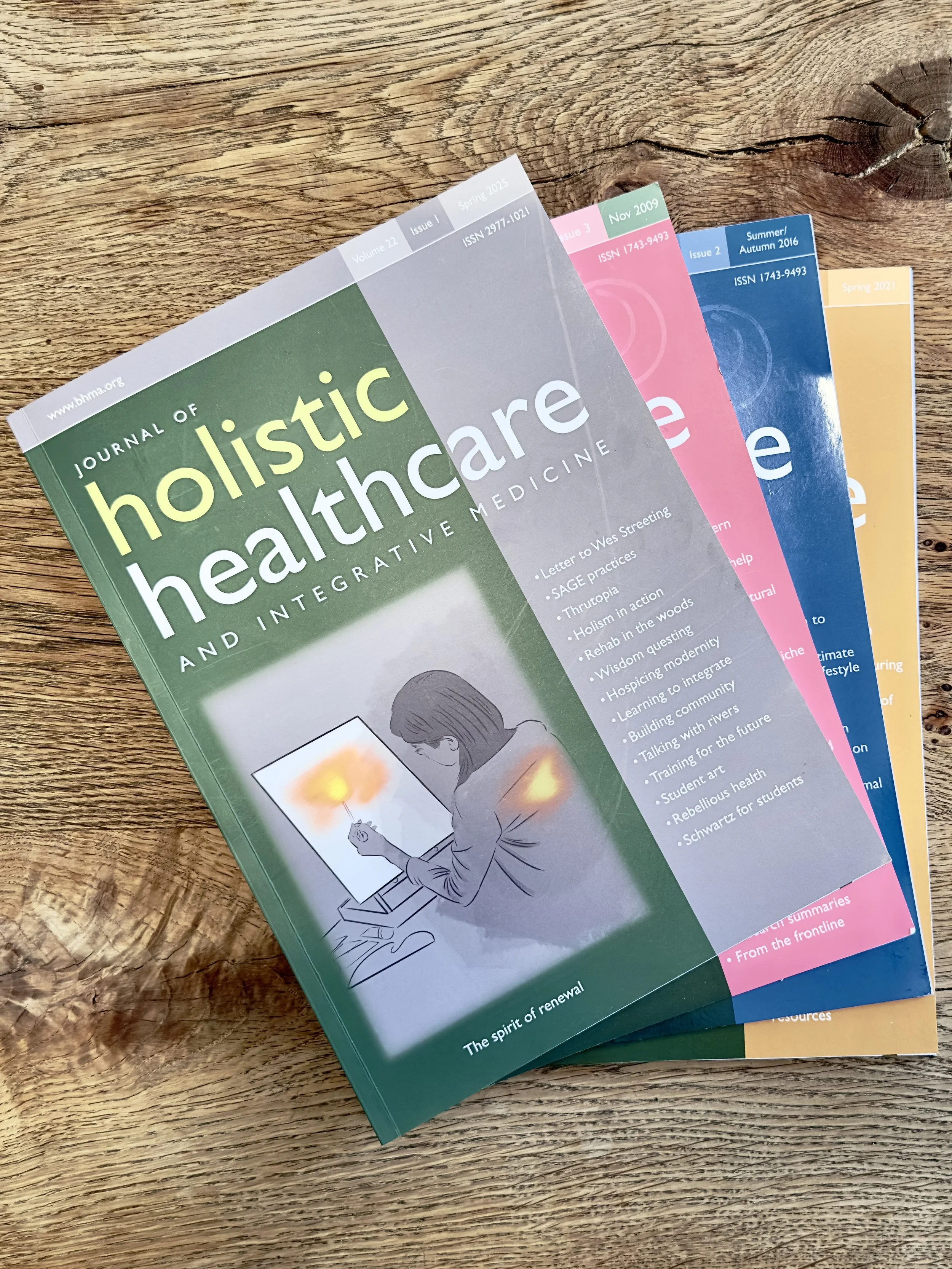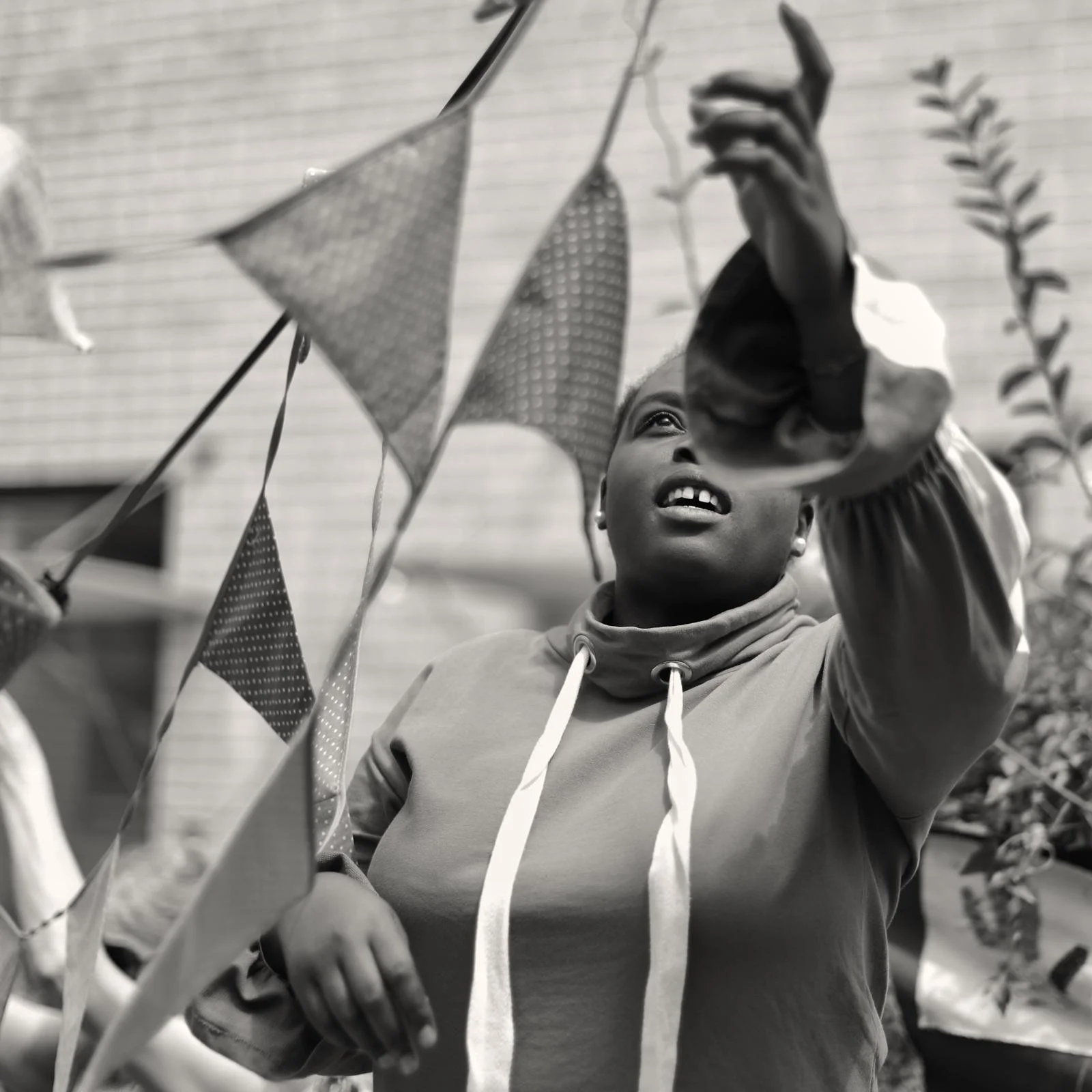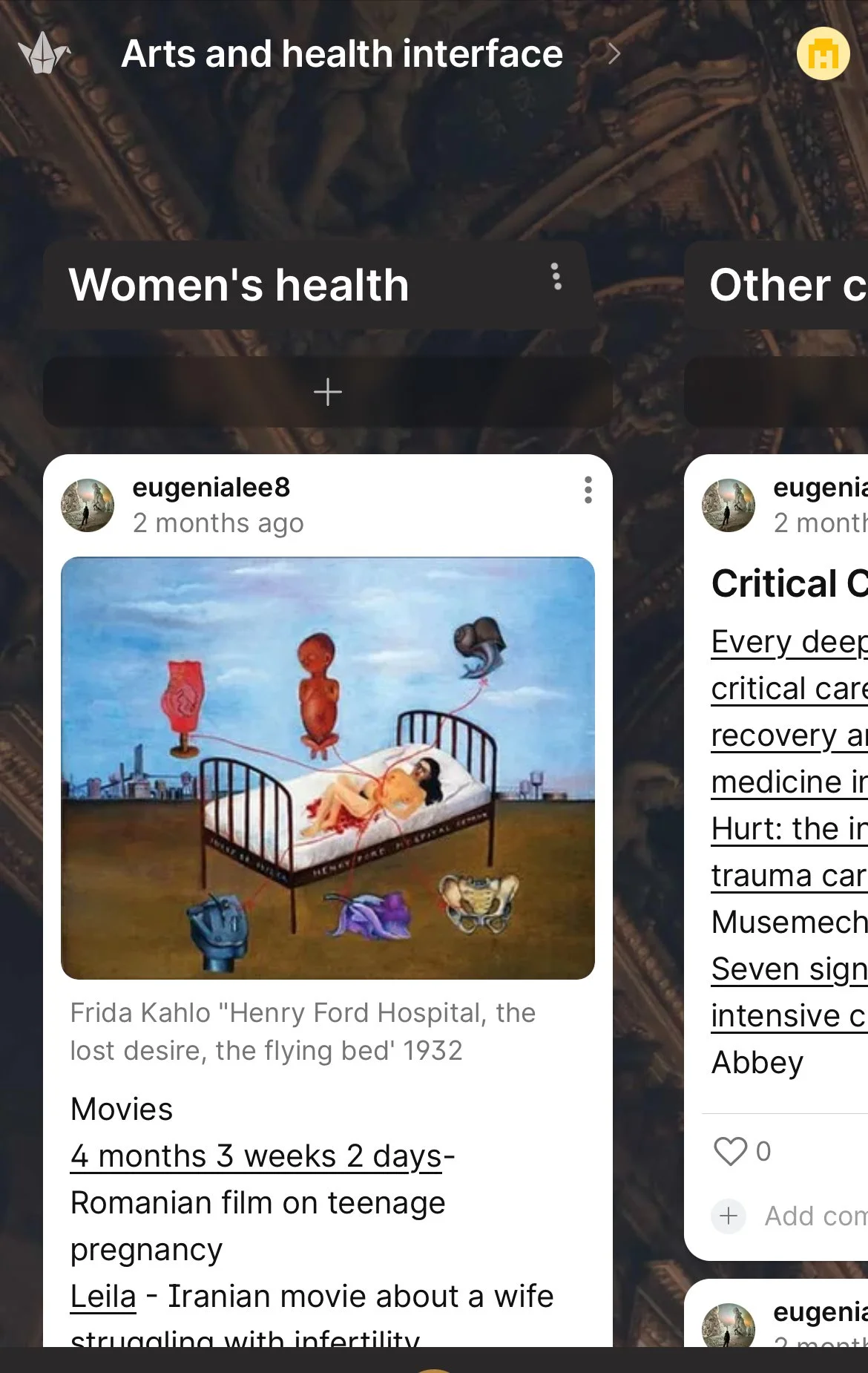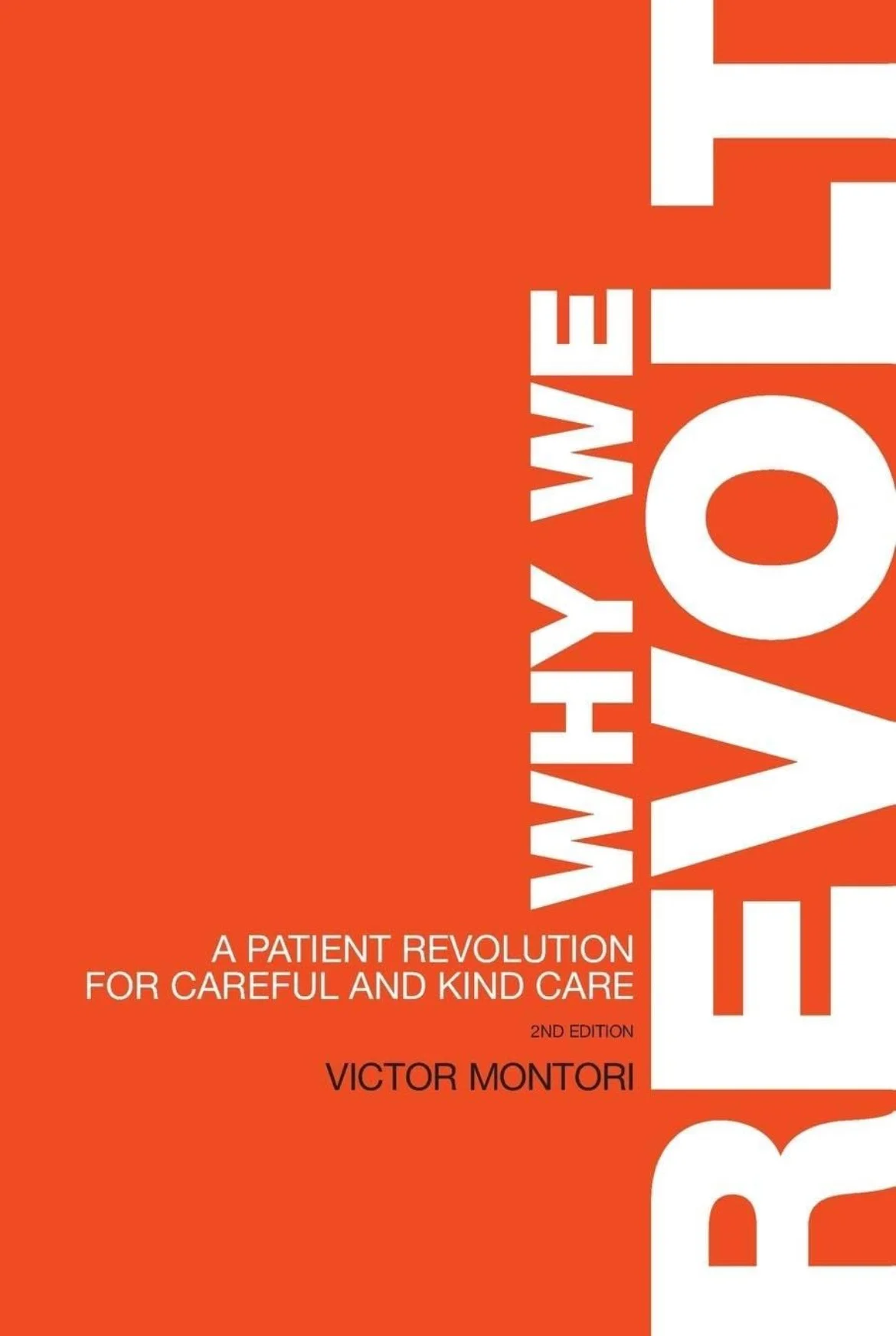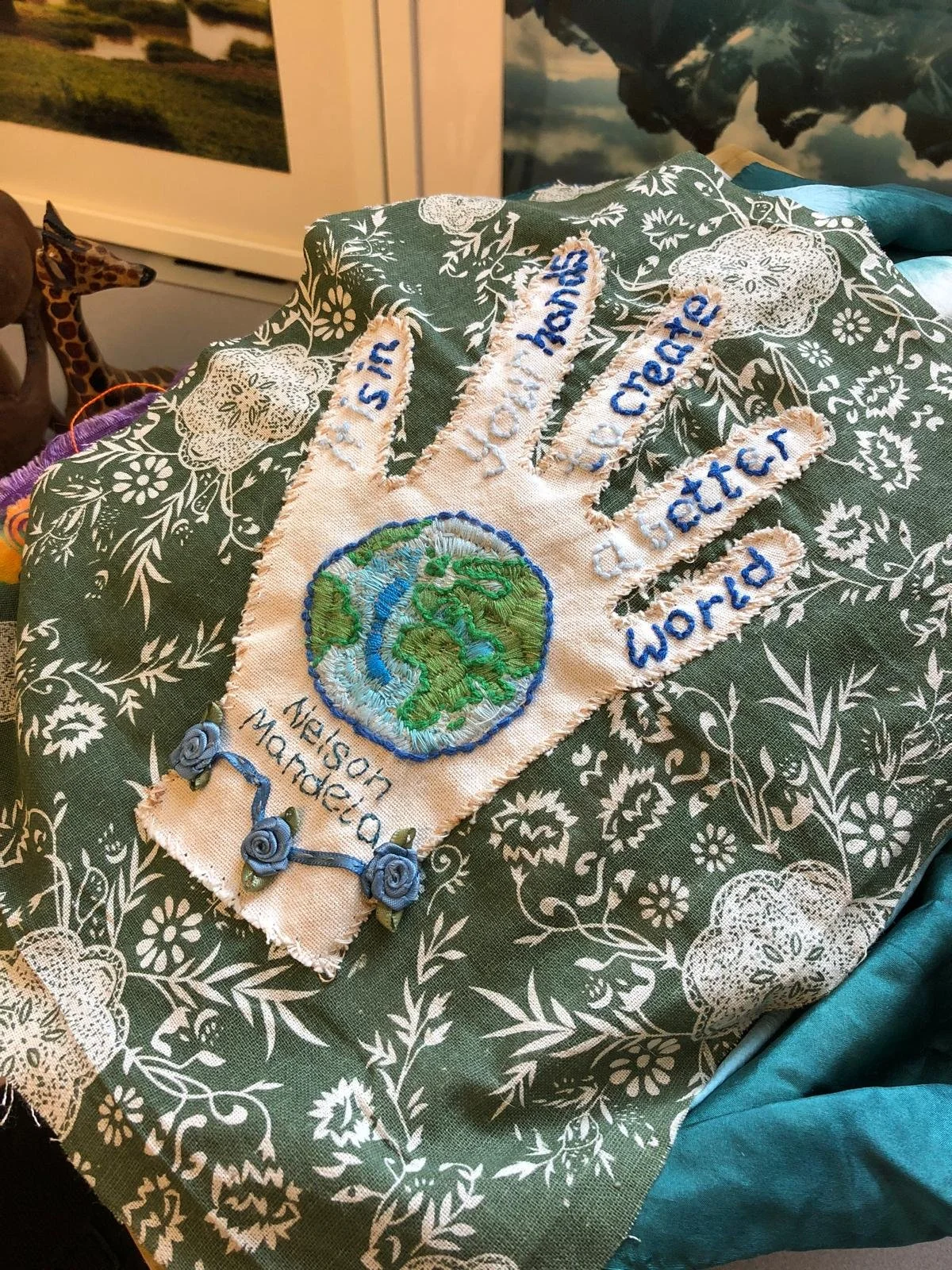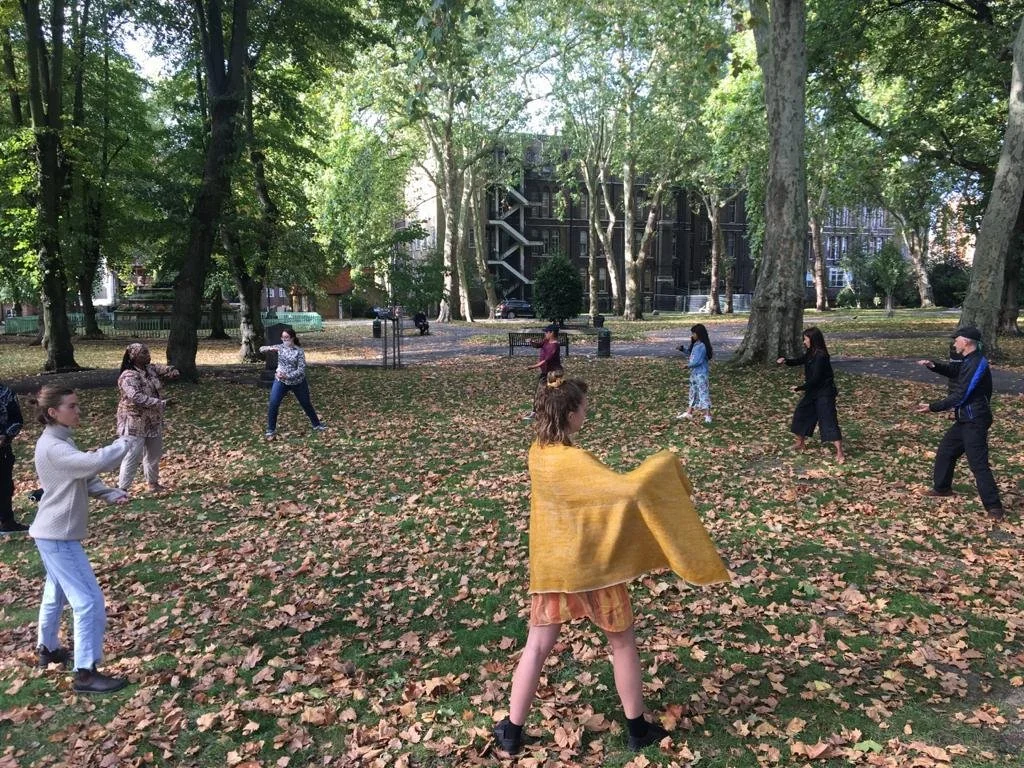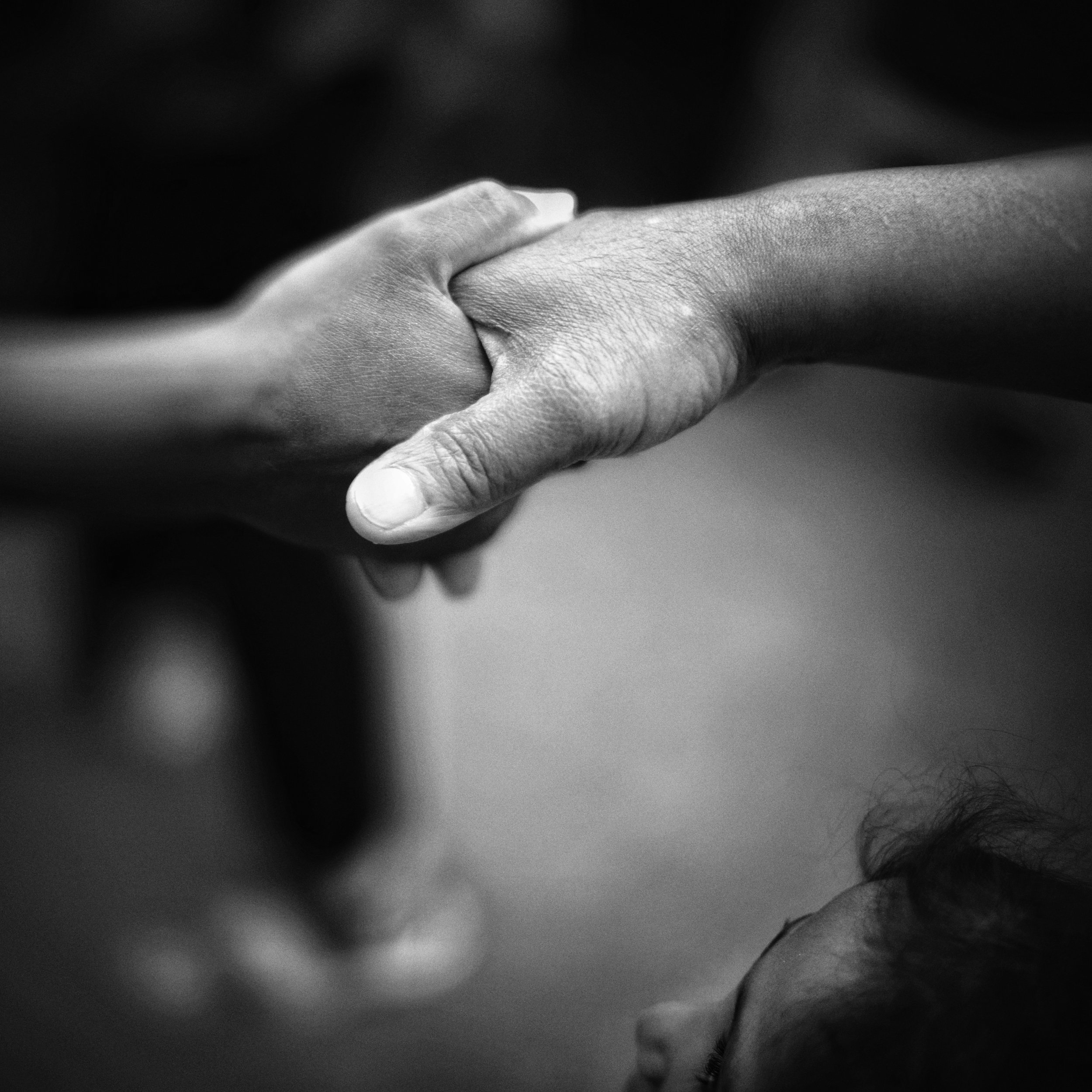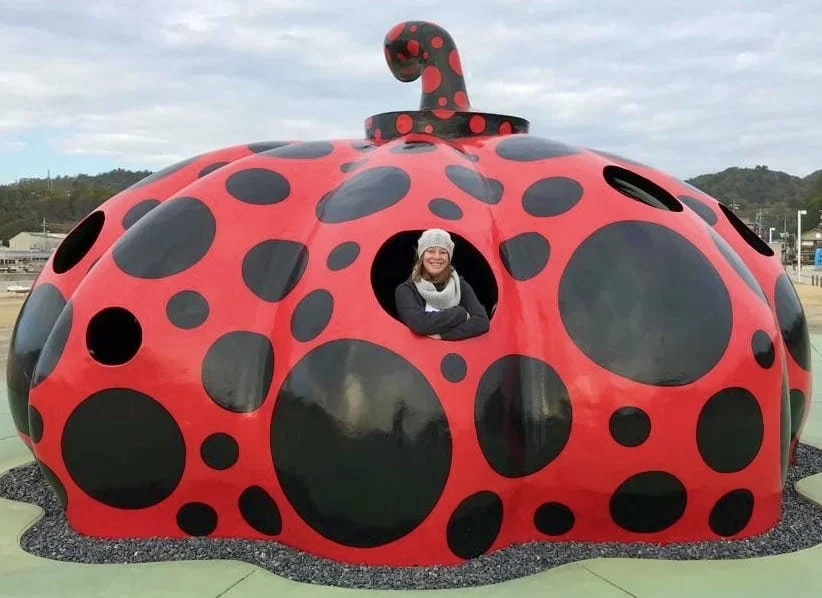Sage Practices
This gallery is our more permanent space. Here we honour some of the people, places and resources that have inspired us and may be useful to others too. They are touchstones, glimpses of the warm data of health, the human and relational moments that can’t be measured but make care whole.
Our blog will hold the unfolding stories we gather, from you, searchable by themes so you can follow what matters to you.
This isn’t about perfection. It’s about noticing and stitching together the everyday, often-overlooked edges where care lives – in gardens, waiting rooms, conversations, craft groups and many helping hands.
-
The Journal of Holistic Healthcare is published three times a year and offers a space for narrative, opinion, pilot research, and case studies on whole person care. Many issues have been generously open-sourced, making this resource accessible to all.
Why it matters
The journal keeps alive the conversation about what it means to practise medicine with the whole person in mind and in context: bodymind, community and planetary health. By sharing stories and research that often fall outside mainstream publications, it nurtures new ideas and reminds us of the depth and breadth of care.Invitational question
Could you read an open-source issue and share an article that resonates with your team? Or even consider contributing a reflection or case study from your own practice?
-
Maia from the Caversham Group Practice goes above and beyond to create good relationships, make connections, and bring her whole self – joy and creativity included – into the practice. She built the first Listening Space website as a gift and worked with others to create a sensory room at the practice, noticing how some patients might need a different space to wait in.
Why it matters: Maia reminds us that care isn’t just about roles or tasks, but about who we are when we show up. When we bring more of ourselves – our warmth, humour, imagination – it changes the texture of care for everyone around us.
Invitational question: What’s one way you or your team could bring more of your whole selves into your daily work? Could you share a small act of creativity or connection that lifts the mood and strengthens relationships?
-
Dr Eugenia Lee generously shares her Arts and Health Interface Padlet — a rich collection of creative health resources to inspire, to use in teaching, and to deepen our learning in what it is to be human.
Why it matters: Eugenia’s work reminds us that medicine and the arts are not separate worlds, but partners in understanding and supporting health. Creative practice opens doors to meaning, empathy, and renewal — for patients and practitioners alike.
Invitational question: Could you explore one of these resources, or share a creative practice that nourishes you and your team? How might the arts help you stay connected to the human side of care?
With thanks to Dr Eugenia Lee (see our acknowledgements page)
-
Why We Revolt is a book we love here at Sage HQ. Written by Professor Victor Montori, founder of The Patient Revolution, it calls for a movement towards careful and kind care. (We especially recommend the chapter Cathedrals.)
Why it matters: The book reminds us that healthcare can lose its way when it becomes industrial, impersonal, or driven by targets alone. Montori points us back to the heart of medicine - relationship, compassion, and the shared humanity between patient and clinician.
Invitational question: What resonates with you in this vision of a patient revolution? Could you read a chapter with your team, or simply reflect on what careful and kind care might look like in your daily practice?
-
Years ago, we heard about the pioneering work at Bromley by Bow, where gardening was used with patients as a therapeutic tool. That story planted a seed: showing that health can grow in creative, social, and unexpected places.
Why it matters: Bromley by Bow was one of the first practices to reimagine what primary care could be, weaving medicine together with art, gardening, and community connection. It shows that care can be rooted in place and creativity, not just prescriptions.
Invitational question: Where else is experimenting with creative or social medicine near you? Could you visit, learn, or even begin a small experiment of your own?
-
The Green Dreams Project offers a hopeful example of how practices can respond creatively to the questions their communities face. They are exploring how we might feed all our children well: imagining a better way and finding practical steps to get there.
Why it matters
Projects like Green Dreams show that care is not limited to clinics or consultations. It can grow into community-led solutions that meet real needs, nurture wellbeing, and create a more just and regenerative future. They remind us that healthcare can be imaginative and rooted in the everyday.Invitational question
What questions are alive in your community right now? Could you start a conversation or a small experiment - however modest - that explores what a better answer might look like?
-
Community Health Workers offer trusted, local support in neighbourhoods, linking health services with the realities of people’s lives.
Why it matters: It shows that care can be strengthened through community roots and relational trust.
Invitational question: Even if this model isn’t in your area, could it offer hope that new approaches are being tried - and might it spark ideas for small relational steps where you are?
-
Greener Practice is a grassroots network of primary care professionals working to address the climate and ecological emergency through everyday practice.
Why it matters: It shows how collective action can grow from small beginnings and how environmental care and patient care are deeply connected.
Invitational question: Could your practice take up some of these ideas, or might you connect with a local Greener Practice group?
-
Fighting for the Soul of General Practice is a collection of stories from two practising GPs, Dr Rupal Shah and Dr Jens Foell. It captures the reality of working within a struggling and highly bureaucratic system, where regulation competes with relationships, algorithms with individual attention, and autonomy with standardisation.
Alongside the book, Intellect Books has produced a podcast mini-series in which James Campbell speaks with Roo, Jens and their colleagues about the NHS, the book, and the struggles - and possibilities — of being a GP today.
Why it matters
These stories give voice to what many practitioners experience but rarely see written down or openly discussed. By naming the tensions honestly, Roo and Jens remind us that the heart of general practice lies in relationship, advocacy, and care - even when the system feels stacked against it.Invitational question
Could you listen to an episode with a colleague or your team, and reflect together on what resonates with your own experience? What helps you hold on to the soul of practice in the midst of bureaucracy?
-
The College of Medicine
Founded in 2010, the College of Medicine is working to reform healthcare so it is inclusive, progressive and compassionate. Bringing together NHS pioneers, scientists, CAM practitioners, students and members of the public, the College seeks to redefine medicine beyond pills and procedures, reconnecting people with each other and with their environment.
Why this matters
At a time when healthcare can feel fragmented and impersonal, the College of Medicine holds a vision of health that is relational, whole and equitable – one where everyone is supported not just to survive, but to thrive.Invitational Questions
What would healthcare look like if care, connection and wellbeing were placed at its very centre?
What’s one small way you could widen your own practice of care – for example, by linking a patient with a local community group, or by weaving in a moment of connection during a busy clinic?
-
The Forum believes that values such as compassion, wisdom, integrity and justice are pivotal to the future of health and social care. It invites individuals and groups into a community of practice that reflects on what values are needed, and how they can be lived, so that patients, caregivers and communities can flourish together.
Why this matters
Amidst systems under pressure, human values can be easily overlooked. The Forum calls us back to what truly matters – recognising our interdependence with each other and the natural world, and nurturing healthcare that is holistic, humane and just.An invitation
What values do you believe are most needed in healthcare today, and how might they guide your work?
Could you explore the Forum’s resources, sign up for their newsletter, or join one of their monthly Reflethics sessions – spaces for shared reflection on values in practice?
-
Flourishing Spaces is committed to gently, courageously and creatively rehumanising health and educational spaces by nurturing a culture of belonging, dignity and justice. Their work brings together educators, clinicians, students and communities to reimagine healthcare education through reflective, creative and relational practices, using storytelling, research and imagination to support cultural change.
Why this matters
Medical education shapes the future of healthcare. By centring curiosity, compassion, creativity and connection, Flourishing Spaces reminds us that training health professionals can itself be an act of care – one that honours both learners and the communities they serve.Invitational Questions
How might education feel different if belonging, dignity and justice were at its heart?
What’s one small way you could bring more reflection, creativity or connection into your own learning or teaching space? Maybe use Eugenia Lee’s Arts and Health Interface or Nicola Gill’s The Art of Medicine website as a resource.
-
The Art of Medicine
A website created by Dr Nicola Gill (York, UK) in 2018, curating a wide collection of creative arts resources to support learning, teaching and sustaining the art of medicine. The site offers themed resources for education, reflections on the value of arts in medical practice, and information about teaching and seminars.Why this matters
Medicine is more than diagnosis and treatment – it is also about meaning, imagination and the human encounter. Resources like this help restore balance, bringing arts and creativity into medical education and practice.An invitation
How might you use poetry, images or stories to deepen your own learning or teaching in healthcare?
-
Fair Health is a charity dedicated to reducing health inequalities. They provide free courses, e-learning, blogs, podcasts and more – supporting healthcare professionals to build the knowledge, skills and confidence to work with people in areas of deprivation and with marginalised patients. Their work links closely to the Deep End movement, which began in Scotland to highlight both the needs of communities living with high deprivation and the emotional labour required of practitioners working in these contexts.
Why this matters
Health inequalities are among the most pressing challenges of our time. Fair Health and the Deep End work shine a light on the realities of providing care where the challenges are greatest – and on the need to support and resource practitioners so they can continue this vital work with compassion and resilience.An invitation
What role can you play in reducing health inequalities in your practice or community?
Could you explore Fair Health’s free learning resources, sign up for a course, or listen to their podcast to deepen your understanding?
-
IFF is a charity with a mission to release potential in people, communities and organisations to rise to complex challenges and uncertain times. Drawing on more than two decades of experience, they develop capacity and enable transformative innovation across governments, civil society, business and collaborations - generating hope, agency and collective action. Through their Practice Centre and Community, they offer resources, reflection and support for those seeking to make a difference.
Why this matters
In a world of complexity and uncertainty, it can feel easier to patch up what is failing than to imagine something new. IFF helps people and organisations cultivate the courage, skills and companionship needed to bring into being the future we aspire to.An invitation
What does it mean for you to move beyond “fixing what is failing” towards creating the future you long for?
Could you explore IFF’s open-access Practice Centre, sign up for their newsletter, or join their Community Hub to connect with others on the same journey?



